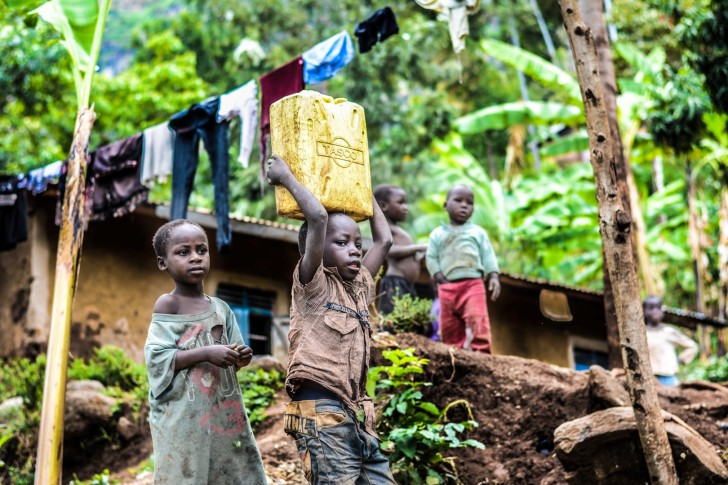IBM plans to fight child labor through 2 blockchain supply chain projectswith LG and Ford. Both projects are related to metal mining and refining, with the metals being eventually used for different components in the electronics and vehicle companies.
Metal Tracking
One of the blockchain projects will track the metal cobalt that will be mined from Democratic Republic of Congo, go for processing in China, further processed in South Korea for batteries (by LG) and then eventually land in U.S. at a Ford Motor plant for battery usage in electric vehicles.
The other project is a similar one, for tracking raw metals from a mine in Mexico.
The cobalt project will start next month, when the first batch of 1.5 tons of material will leave the African nation and head to China. Along each path, several major companies will take part in the blockchain and the processing. Notable parties include China mining firm Huayou Cobalt, South Korean electronics and battery giant LG (LG Chem, a division, to be precise) and a technology firm RCS Global.
Built on the Hyperledger fabric, the blockchain is a permission enabled network to register each step and processing of the materials.
Anti Child Labor
The Republic of Congo is famous for child labor practices. RCS global, the tech firm in the project, frequently visits mining facilities in the nation as its business practice. The inspectors go to mining stations unannounced and do an audit concerning ethical mining, including checking for child labor. For each bag of ore it finds is ethically mined, it tags it. This check and balance creates a method to ensure that processing companies and down chain only accept materials that do not violate human rights.
This check, according to project director at RCS Global, Jonathan Ellermann, creates an alert and “Either the sourcing goes away from this site, or the prevention practices are put back in place.”
Even with the use of blockchain technology, the system still will rely on human input. Yet, the immutable nature of the decentralized ledger means that tags cannot be replicated or changed, ensuring that the practices of human rights and ethical sourcing only get stronger.
 Saad Ullah
Saad Ullah

 Saad Ullah
Saad Ullah


